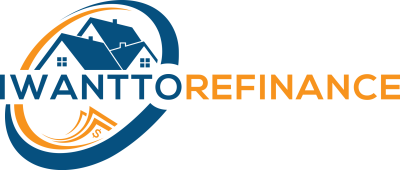Key Takeaways:
-
Financial literacy involves understanding how to manage everyday finances.
-
Core financial building blocks include spending, borrowing, saving, and planning.
-
Assess your financial health with the Bills.com Financial Health Survey.
-
Acquiring financial literacy is crucial for making wise money decisions.
Understanding the Importance of Financial Literacy
Basic literacy skills like reading, writing, and math are essential for navigating everyday life. Similarly, financial literacy is a skill that can be acquired to effectively manage your finances. You don't need to be an expert or have a background in economics to grasp the basics.
At its core, financial literacy is about comprehending how to handle your money. It encompasses various aspects such as spending habits, savings, borrowing, debt management, and short- and long-term financial planning.
Making Sound Financial Choices
Consider this simple example that highlights key financial literacy principles:
After a delightful honeymoon, Susan and Tom, who recently got married, faced the reality of mounting credit card bills. They realized they needed to take action to pay off the debt. They recognized that even though they started off on the wrong foot, they had the opportunity to get back on track by making the right financial decisions.
Lessons from Susan and Tom's experience:
Spending money wisely: Budgeting is a fundamental element of financial literacy. Do you have a clear understanding of your income and expenses? Utilize budgeting apps to track your monthly expenditures. When planning significant events like weddings, consider avoiding excessive debt accumulation. Were Susan and Tom mindful shoppers? Did they search for the best deals and opt out of expensive items when necessary?
Borrowing money responsibly: Susan and Tom accumulated substantial credit card debt due to their desire for an extravagant wedding and honeymoon. Aside from evaluating the wisdom of their decision, did they explore various loan options? Did they compare interest rates and loan terms effectively?
Managing debt: Dealing with debt is often challenging. Many households struggle with bill payments and accumulating debt. Understanding the reasons for taking on debt, different approaches to debt repayment, and strategies for addressing debt collectors and legal issues are crucial aspects of financial literacy.
Building savings: A key aspect of financial literacy is knowing how to save money. Savings enable you to make significant purchases, handle emergencies, and plan for the future, including retirement and investments. Could Susan and Tom have considered saving for their wedding to avoid unnecessary financial strain? Prioritizing spending and building savings is essential.
Financial planning: Familiarize yourself with various tools and strategies for planning your financial future. Adequate protection against unexpected events is crucial. Home, car, and health insurance are essential components of financial planning. Understanding how to plan your finances is closely linked to financial well-being.
Enhancing Your Financial Literacy
There are numerous avenues to improve your financial literacy:
1. Take the Bills.com Financial Health Survey to assess your current financial standing and identify areas for improvement.
2. Utilize free tools that provide insights into your financial situation and offer solutions to specific financial challenges. For instance, consider using a Debt Payoff Calculator if you need assistance with debt repayment.
3. Read articles on personal finance topics that interest you.
4. Seek advice and share your questions or comments with personal finance professionals.
By taking these steps, you can enhance your financial literacy and empower yourself to make informed financial decisions.

